HAIKAST XVII – Mental Health at Work
After 7 years, I walked away from my longest held job on Valentine’s Day 2023.
I started at COSCO in January 2016 as a temporary worker. COSCO, whose name is a sort of acronym for Columbus Specialty Company, began in Columbus, IN over 80 years ago. To be clear, I do not work at Costco, the popular club store started on the west coast, known for being a slightly elevated version of Sam’s Club.
If you know COSCO, it is likely as a manufacturer of folding tables and chairs or, more recently, as the creator of a very impressive hand truck that you can buy at …. Wait for it…. Costco!
So how did I, a proud Indiana University alum from the Kelley School of Business MBA program, start out as a temporary employee?
In the summer of 2007, I started my first year in the MBA program as a married man with 2 kids, 5 years of banking management under my belt, a homeowner, and a leader of the youth group at my church. I received a scholarship and can still remember reading in my acceptance speech that I was prepared to manage my priorities of “family, church, and school” with an emphasis on that order.
By the end of the first semester, I had spent most of the 4 months in an insomniac stupor, fueled by uncontrollable anxiety, resulting in a debilitating suicidal depression. The unexpected fall into the nadir of my life included spending Thanksgiving break at the Mental Health Unit of our local hospital, separating from my wife, moving into my parents’ house, taking a leave of absence from the MBA program, and nearly losing my faith. I was divorced 9 short months after the first day of class.
It was an absolute tragedy.
By the time I started at COSCO, 8 years had passed.
During that intervening period, I had some significant accomplishments – writing a book about a major flood disaster in my hometown called “Watershed: Service in the Wake of Disaster,” marrying the beautiful Jennifer Anne Johnston, remaining a loving and engaged father of my 2 children, finishing the MBA degree through the IU evening program, and joining a church where I met a great group of new friends.
What did not happen during those 8 years was a significant stride in career growth. I held down a full time job as a care partner at the hospital for 3.5 years, a year stint as an assistant manager at Walmart, a 3 year full time contract job as a grant writer at a local youth serving organization, and a 1 year temp job at Cummins in their HR department. I had yet to earn a salary that exceeded what I earned at the bank before I started as an MBA student.
The stress of not keeping up with my friend’s career trajectories, not living up to the potential after being a straight A student throughout my life, and failing to make progress after completing my MBA were all crushing to my self esteem.
I had two more stress unit visits during this time and lived long stretches with severe depression.
… And then I started as a temp worker at COSCO, helping out as a part time Administrative Assistant, committed to finding a way to be optimistic and gain full time employment. A few months later, I was offered a full time job and over the years had multiple promotions until ascending to the Marketing Manager of the furniture department in 2022. Who could resist the new “Trusted Solutions” marketing slogan of the COSCO tables and chairs!?
Something else had happened over those seven years with the company – I rekindled my professional self-esteem, found a deep passion for environmental work in the community, and started a weekly mental health recovery group at my church.
I became a member of The Stability Network, a national organization with a vision for “People experiencing mental health challenges to thrive in supportive workplaces and communities.” To join, I needed to publicly recognize my mental health diagnosis on their website, attend mental health advocacy training, and be willing to share my mental health diagnosis in the workplace. I attended retreats in New York City and San Francisco with members of The Stability Network to learn how to effectively share my mental health journey in a way that demonstrated how mental health struggles and professional success can coexist.
When I came back from the second training, I was only about 1 year into my job at COSCO. I decided to disclose my mental health diagnosis with my manager, Brennan Eckelman. My prior experience revealing to a manager that I had a diagnosis was to alert them that I needed time off for an in-patient hospital stay due to major depression. This time was very different. I was healthy. After scheduling a meeting with Brennan, I rehearsed my talking points with a member of The Stability Network.
Vulnerability – the uneasy feeling that most of us do not like to experience at work – was essentially what I was walking into, instead of away from, when I stepped into Brennan’s office. After a few minutes of casual conversation, I broke from the regular agenda to ask if we could talk about a personal topic. “Of course!” she replied, with her usual positive energy.
I referenced my trip to San Francisco and then jumped into the reason why I was there. I told her that The Stability Network encouraged me to share my mental health diagnosis at work and I felt most comfortable starting with her. I emphasized that my mental health was stable. She replied with the utmost respect for my disclosure and with gratitude that I trusted her to keep the information confidential. We talked for about 30 minutes on the topic and I felt her support throughout the conversation.
Light through her window
Difficult topic discussed
Coworkers- now friends
Sharing the challenges of mental illness is not easy, especially in the workplace. However, doing so is one of the best ways to reduce stigma in our society. My time with Brennan was a turning point for me – I no longer needed to hide behind a professional veneer that neglected a significant part of my life story. This experience helped me develop a “vulnerable-ability” in the workplace. An ability to discuss, with the intention of helping others – at the right time and place, the experience of living with a diagnosis.
Being able to share my story with Brennan, and eventually other colleagues at COSCO, gave me the confidence to start this Revealing Voices podcast without risk to my professional career. My transparency helped me build repertoire and deepen relationships. I became a leader of a corporate initiative to encourage coworkers to focus on wellness, including their mental health. I was grateful that sharing my bipolar II diagnosis helped others feel comfortable being more vulnerable and allowed me to continue to grow professionally.
So why did I leave a workplace that played a profound role in my stability?
I admired my co-workers and their critical role in helping me reestablish my career. However, as many of us did during the pandemic, I reevaluated my career path. While many struggled with isolation during the pandemic, my mental health thrived during that time. I discovered the bedrock of my stability was my connection to nature. Gardening, landscaping, hiking, writing haiku, and working with advocates to protect our natural resources were an endless source of joy and hope during those difficult days in 2020 and 2021. Doing these activities was therapeutic for me and I wanted to share that appreciation with others.
My growing commitment to environmental advocacy turned into a recognition of a soulful desire to do environmental ministry work. I discovered a grant writing opportunity with a company called Faith in Place that supports environmental work in Indiana, Illinois, and Wisconsin.
I knew of Faith in Place through a recent merger with a nonprofit called Hoosier Interfaith Power & Light. I had participated in some of their virtual meetings during the pandemic to learn how they were supporting environmental advocacy within spiritual communities that ranged from Baptist to Buddhist.
I applied and devoted many hours to devouring the content on the Faith in Place webpage, podcasts, and social media. I had never been that prepared for an interview.
On a cold January morning, I took the day off from COSCO. I was volunteering to go to Indianapolis to meet with state legislators to discuss renewable energy. Before I left, I checked my email. There it was – a job offer from Faith in Place! I wholeheartedly accepted the invitation. When I arrived in Indianapolis, I serendipitously met three Faith in Place staff in the Capitol building. We gathered for an impromptu group photo with glowing smiles of surprise as they welcomed me to the team.
Later that week, I joined my co-workers at COSCO to paint a new large meeting space. As we worked together, we talked about my job transition. I spoke with gratitude about my time at COSCO, sharing parts of the career metamorphosis that led to this opportunity for me to spread my wings.
After the painting was finished, I stood in the room for a moment as we were cleaning up. The laser level that we used to paint the dividing line between gray and white sections of the wall was perfect. I thought about how this would be a vibrant space for the COSCO team – where important discussions and fun team building activities would lead the company into a profitable future. This place that was the foundation for so much of my healing, however, would no longer be my home away from home. It was time to retire from this chapter in my career and embark into completely new territory. I was confident that my mental health was ready to endure the journey. In a quiet moment after my COSCO colleagues departed, I stood alone in the large unfurnished room. I was so grateful for what was and what will be.
Meticulous line
Paint dries, new conference room
I turn towards the door

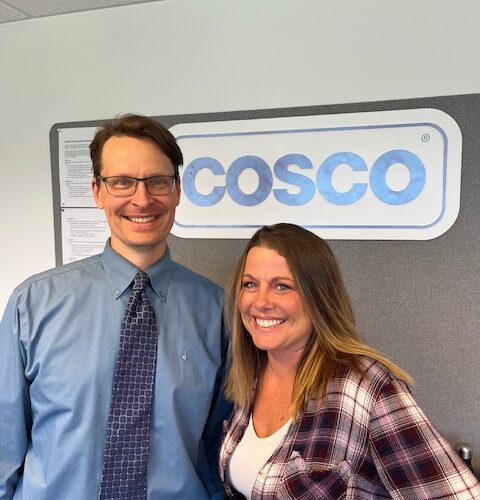
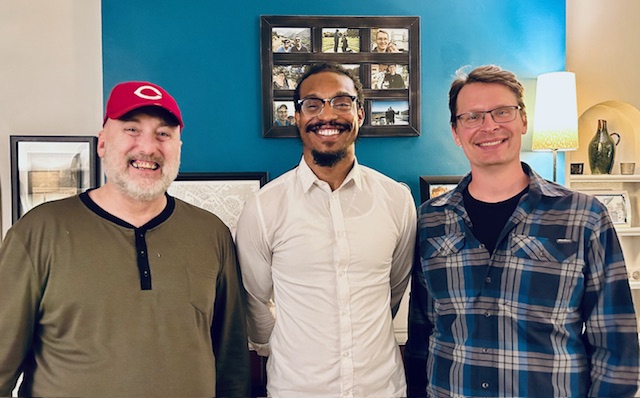

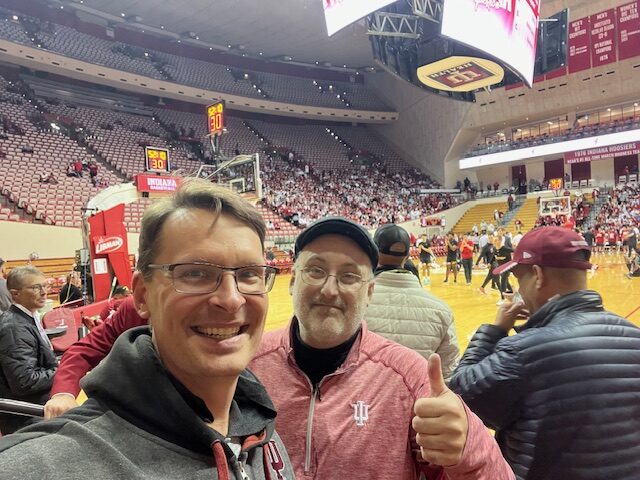
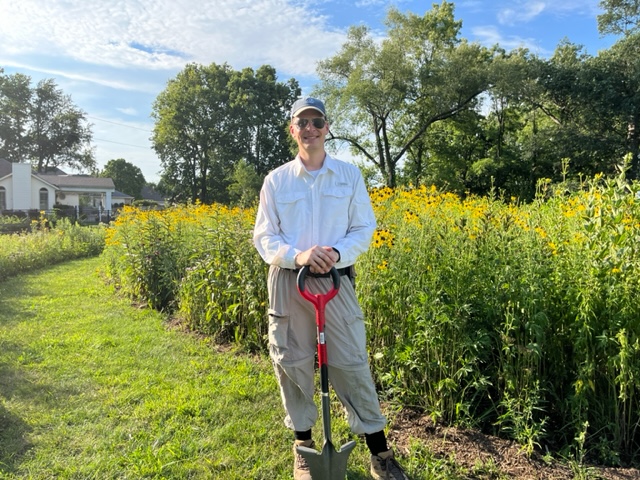

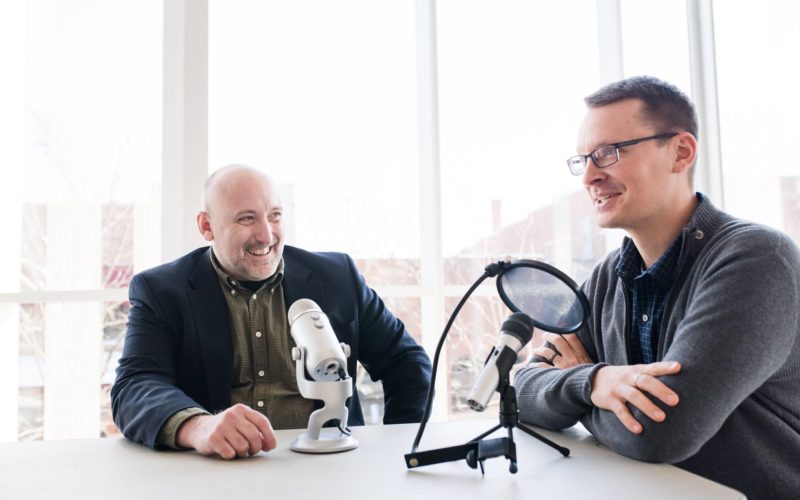
Recent Comments